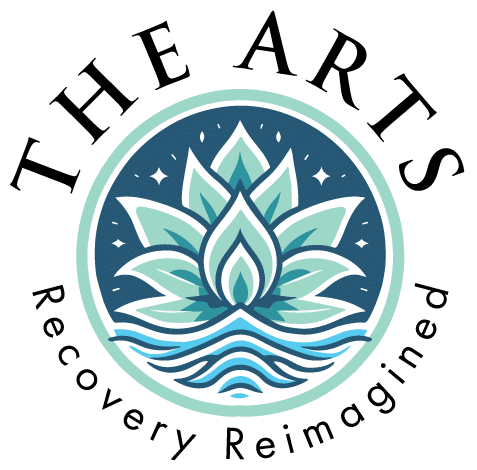Anyone who has received treatment for addiction knows that it can be difficult to find healthy, sober ways to fill the new free time that was previously devoted to acquiring, using, or recovering from drugs or alcohol. This can lead to transfer addiction.
What is Transfer Addiction?
Transfer addiction is where you transfer one addiction to another.
This is sometimes called cross-addiction, but no matter the name, it involves replacing one compulsion or addiction with another. For example:
- Cocaine to Exercise: If you get treatment for cocaine, you might start exercising as part of your recovery program to help ease the cravings, but eventually you compulsively over-exercise
- Alcohol to Food: If you get treatment for alcohol addiction, you might turn to food to help fill the emptiness that lingers after your alcohol treatment plan
One of the most challenging aspects of transfer addiction is that it doesn’t necessarily go from one illicit or harmful substance to another. It can often involve an activity or behavior that is an essential part of your recovery from an illicit or harmful substance, like exercise, yoga, or healthy eating.
This does not mean that these should not be a part of drug addiction treatment but rather that any activity can be categorized as transfer addiction when it is no longer a choice and, instead, a compulsion or obsession outside of your control.
Signs of Transfer Addiction
So, what are the most common signs of transfer addiction?
- You are neglecting your personal or professional responsibilities in exchange for your new behavior or compulsion
- You are spending a significant portion of your free time on your new behavior or activity
- You are experiencing negative side effects like injuries or problems with relationships, but you still can’t stop the new activity
- Your new behavior or compulsion has caused problems with your relationships
- When you can’t engage in your new activity or behavior, you become irritated
- You are lying or otherwise deceptive about your activities
- You are struggling with unexplained financial issues, shifts in your mood or energy levels, or aggression and impulsivity
If you are experiencing these signs, depending on the activity or behavior, you may need treatment from a mental health professional or a doctor.
How to Seek Help for Transfer Addiction
If you are struggling with an addiction, getting the right type of individualized outpatient care and access to ongoing support services can make it easier for you to develop the coping skills you need to avoid a transfer addiction in the future.
This starts with healthy habits, holistic activities or habits that can direct your attention toward positive behaviors, activities like yoga, meditation, exercise, and good sleep.
With individual and group therapy, you can learn how to find balance while maintaining healthy habits.
- Sleep: Good sleep hygiene can help your body heal from any damage and balance your hormones and your mood for the next day
- Exercise: Staying active with things like exercise or yoga can release endorphins that help you balance your mood, overcoming things like depression or stress
- Self-Care: Self-care routines can include meditation, showering and getting dressed up, going for a walk, or anything that you can do to take your mind off the pressure you might feel when you are overwhelmed or when you are struggling with your recovery
With all of these things, remember to maintain balance. Exercise, for example, might give you a rush, but you don’t want that rush to become another form of addiction.
So if you are getting treatment for drug addiction, and you realize that exercise can release positive endorphins that help you overcome depression associated with your recovery, don’t let that exercise become the new transfer addiction such that you are over-exercising to the point of causing injury or damage to your daily life.
Getting Care with The ARTS
At The ARTS, we provide services like outpatient rehab, where clients can get ongoing support after their initial IOP or PHP. This decreases the likelihood of transfer addiction by providing continued support and structure during a delicate time in recovery.
We also specialize in mental health services for those who have co-occurring mental health disorders and need to minimize the risk of transfer addiction as a way of self-medicating for those mental health symptoms. Through these programs, individuals can receive treatment for their condition with medication management and evidence-based therapies, all of which reduce the risk of transfer addiction.
Where necessary, we can help those struggling with transfer addiction get treatment at our Southern California treatment center. With higher levels of care, we can give clients flexible outpatient programs with more supervision, support, and structure.
Call our team today at 866-915-8820 to learn more about transfer addiction treatment.

